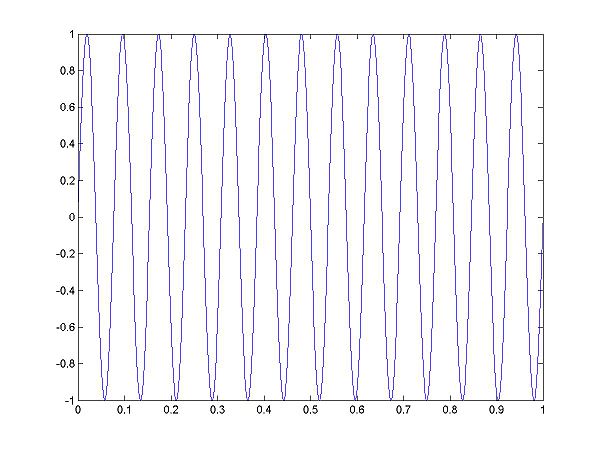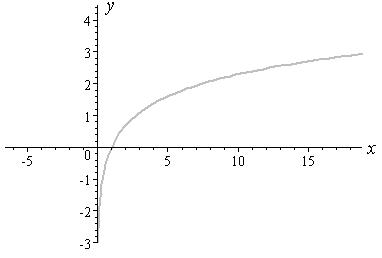| Line 1: | Line 1: | ||
= Periodic versus non-periodic function= | = Periodic versus non-periodic function= | ||
| − | As part of the [[Homework_1_ECE301Fall2008mboutin|first homework]] in [[ECE301]] this semester, we were asked to give an example of a periodic function as well as an example of a non-periodic function. Here are my answers. A precise definition of periodic function can be found on my colleague [[HW1.4_Brian_Thomas_-_Periodic_Versus_Non-Periodic_Signals_in_Discrete_Time_ECE301Fall2008mboutin|Brian Thomas' page]]. | + | As part of the [[Homework_1_ECE301Fall2008mboutin|first homework]] in [[ECE301]] this semester, we were asked to give an example of a periodic function as well as an example of a non-periodic function. Here are my answers. A precise definition of periodic function can be found on my colleague [[HW1.4_Brian_Thomas_-_Periodic_Versus_Non-Periodic_Signals_in_Discrete_Time_ECE301Fall2008mboutin|Brian Thomas' page]]. An animated example can be found on [[HW1.4_Ben_Laskowski_-_Periodic_and_Non-Periodic_Functions_ECE301Fall2008mboutin|this page]]. |
Please read the instructor's comments [[Hw1periodicECE301f08profcomments|here]]. | Please read the instructor's comments [[Hw1periodicECE301f08profcomments|here]]. | ||
Revision as of 07:00, 25 August 2010
Periodic versus non-periodic function
As part of the first homework in ECE301 this semester, we were asked to give an example of a periodic function as well as an example of a non-periodic function. Here are my answers. A precise definition of periodic function can be found on my colleague Brian Thomas' page. An animated example can be found on this page.
Please read the instructor's comments here.
Periodic Function
Example of Periodic Function since it is a repeated signal every cycle --> Triangle Wave
Non-Periodic Function
Example of Non-Periodic Function since it does not repeat itself each cycle --> y = lnx



